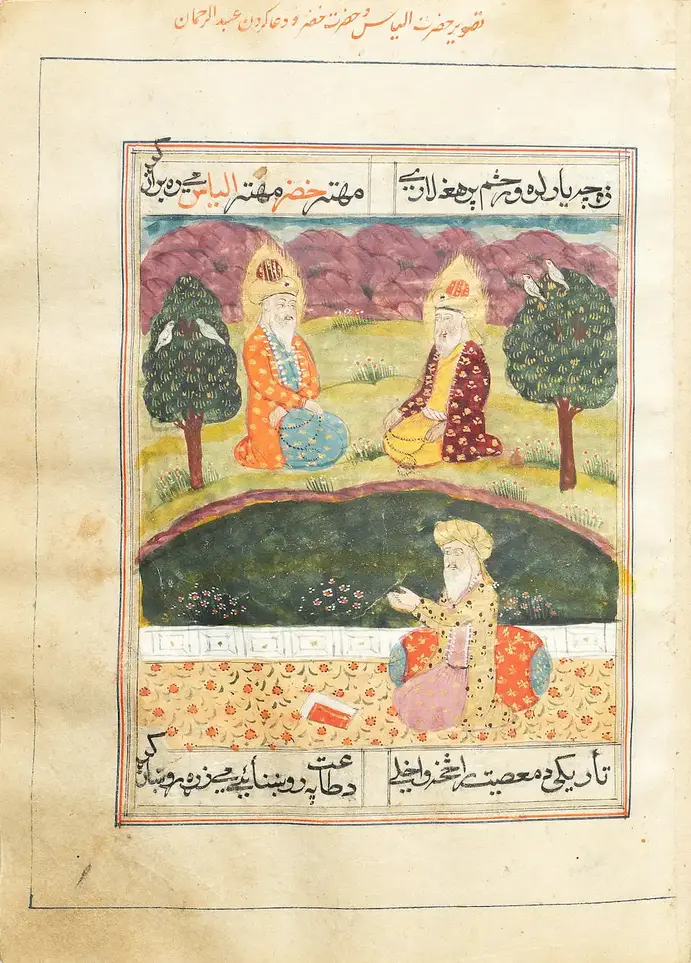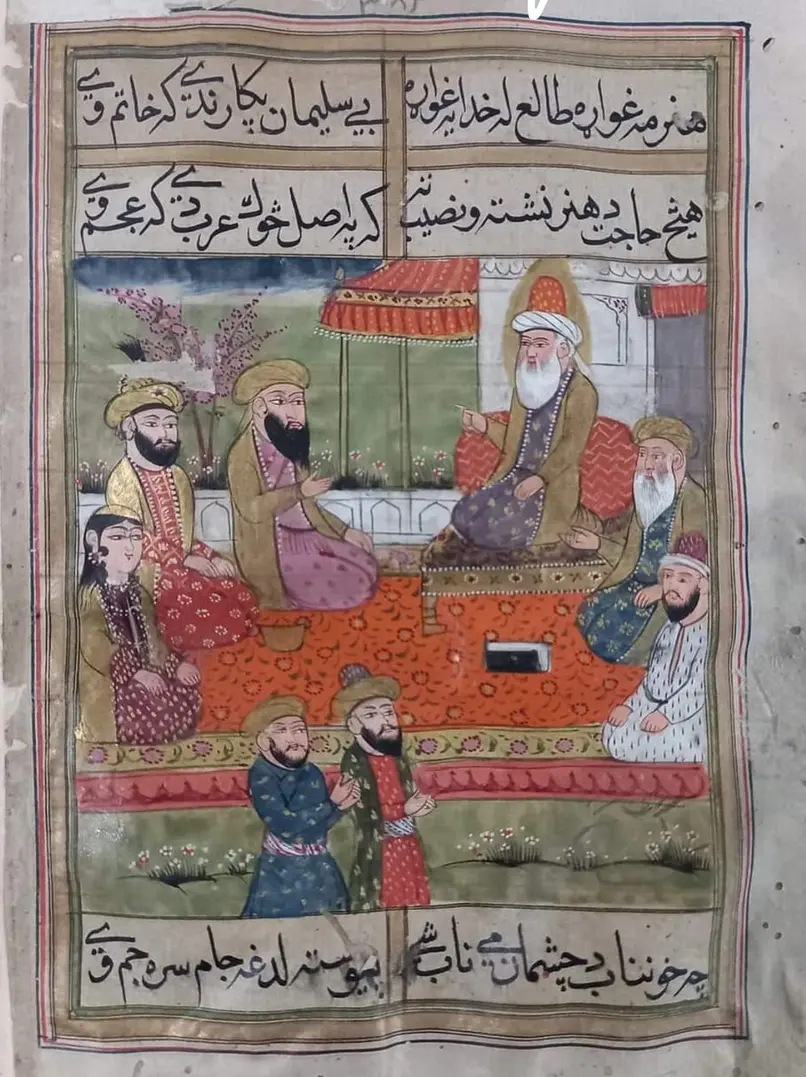Abdur Rahman Baba belonged to the Baezai division of the Mohmand tribe. Abdur Rahman dwelt in the village of Hazar Khani in the tappa of Mohmands. He was a man of considerable learning, but lived the life of a darvesh, absorbed in religious contemplation separated from the world. He held no greater interaction than necessary with people that the means of subsistence demanded. He is said to have been passionately fond of hearing religious songs Qawalis like the Chishtiya school of thought.
After sometimes, he started composing poetry and odes. He became a recluse and was generally found by his friends in tears. Indeed, he is said to have been in the habit of weeping so much, that in the course of time it produced wounds on both sides of his cheeks. His strict retirement, however, gave opportunity to a number of envious Mullahs to belie him, and they began to spread rumours to the effect that Rahman turned atheist or heretic, since he never left his dwelling and had given up offering prayers at the mosque along with the congregation. At length, on the advice and assistance of some of his friends, he agreed in future, to attend the mosque and to pray and perform his other religious duties, along with the members of the congregation. He thus, whether agreeable to himself or not, was obliged in some measure to mix with the world.
It is said that Rahman Baba used to give copies of his poems to his friends, who compiled these into a collection (diwan) after his death. And that some of his friends added to his collections some of their own poems, which were later on detected and removed and only Rahman Baba poetry was compiled into a single volume.
Some authorities regard Abdur Rahman to have been a contemporary with the warrior-poet, Khushal Khan Khattak and it has been stated, that on two or three occasions they held poetic disputations together. This, however, cannot be true; for it seems that although Rahman Baba lived towards the latter part of Khushal Khattak’s life, he was a mere youth and was, more correctly speaking a contemporary of Afzal Khan, the grandson and successor of Khushal Khan Khattak. A proof of the incorrectness of this statement is, that the tragic end of Gul Khan and Jamal Khan, which Rahman Baba and the poet Hamid also have devoted a long poem to, took place in the year 1711 AD, twenty-five years after the death of Khushal Khan Khattak. Another, and still stronger proof against the statement of poetic disputations having taken place between them, is the fact of Rahman’s retired life and his humble position, as compared with that of Khushal Khan, the chief of a powerful tribe as good a poet as himself.
Some descendants of Rahman Baba, on his daughter side, dwell at present in the little hamlet Deh-i-Bahadur in the Mohmand territory ; but the descendants on the side of his only son have long been extinct. The poet’s tomb may still be seen in the graveyard of his native village.
Source: “History of the Pathans”, by Haroon Rashid, Vol-2, pp.461-462

commissioned by Sardar Abdullah Khan Barakzai, Kashmir, dated to 14th
October, 1798. Source

